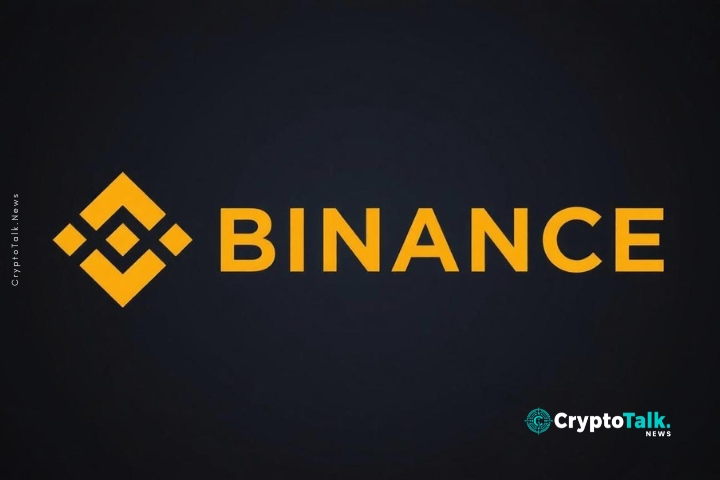France has stepped up its scrutiny of major cryptocurrency exchanges, launching extensive Anti-Money Laundering inspections on Binance and other registered firms as the European Union’s Markets in Crypto-Assets (MiCA) licensing deadline draws closer. Conducted by the Prudential Supervision and Resolution Authority (ACPR), these inspections aim to determine which exchanges are fully compliant with stringent EU standards before being authorized to operate across the bloc. While the process began last year, details have remained largely confidential, reflecting the sensitive nature of regulatory oversight in the rapidly evolving crypto sector.
A Binance spokesperson emphasized that periodic onsite inspections are a standard regulatory procedure and confirmed the company’s ongoing cooperation with French authorities. In a 2024 review, ACPR had instructed Binance to enhance its risk management and compliance systems. Similar reviews are being carried out on Paris-based Coinhouse and other registered crypto firms. The findings from these inspections will be crucial in deciding which companies are deemed fit for MiCA licensing. Firms with weaker internal controls may be given time to strengthen their cybersecurity and AML systems before facing any penalties or denial of authorization.
France has set a clear June 2026 deadline for all crypto companies to secure MiCA licenses, allowing them to operate across the EU. So far, only a select few firms, including Deblock, GOin, Bitstack, and Credit Agricole’s CACEIS, have received authorization. The intensified focus on Binance also follows ongoing investigations by French prosecutors into alleged money laundering and tax offenses, compounding the exchange’s global regulatory challenges. In Nigeria, for instance, authorities have pursued a $79.5 billion case against Binance over alleged tax evasion and currency violations.
This regulatory push reflects France’s broader ambitions to play a central role in EU crypto oversight. Both the Bank of France and the Autorité des Marchés Financiers (AMF) have urged the European Securities and Markets Authority (ESMA) to centralize control over crypto regulation, aiming to prevent fragmented enforcement of MiCA across member states. For the crypto market, this signals an era of heightened compliance expectations and reinforces the need for exchanges to maintain robust AML and cybersecurity frameworks.
Looking ahead, the ACPR inspections and the MiCA licensing process will likely shape the European crypto landscape, favoring firms that demonstrate strong regulatory adherence while potentially sidelining weaker operators. For investors and industry participants, France’s actions underscore the critical importance of regulatory readiness as Europe moves toward unified crypto oversight.
Author
-

Ethan Cole is a New York-based cryptocurrency journalist, blockchain analyst, and fintech commentator with over 9 years of experience covering digital assets, decentralized finance (DeFi), and Web3 innovation. He holds a Master’s degree in Financial Technology from New York University (NYU) and has developed a reputation for making complex crypto topics accessible to readers across all experience levels. Ethan regularly contributes to CryptoTalk.news, where he writes in-depth articles on Bitcoin, Ethereum, altcoins, NFTs, crypto regulations, market trends, and security best practices. His analysis blends technical insights with real-world applications, offering readers clear and timely perspectives on the fast-evolving crypto landscape. Beyond CryptoTalk, Ethan's work has been featured in leading finance and tech publications such as Wall Street Updates, Financial Mirror, Wealth Magazine, Euro News 24, and New York Mirror. He’s also a guest speaker at blockchain conferences and an active member of the Ethereum Research community.
View all posts
























